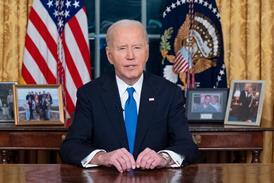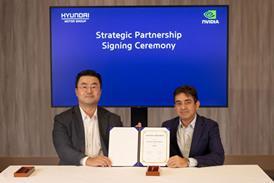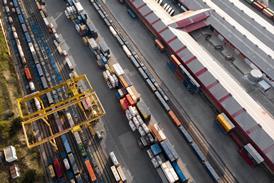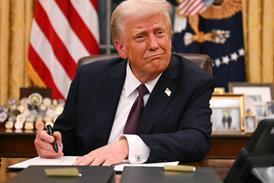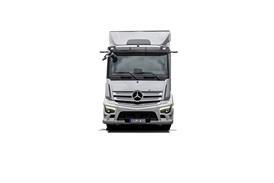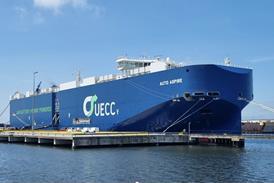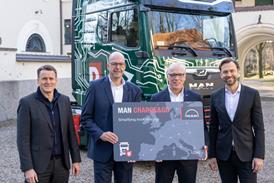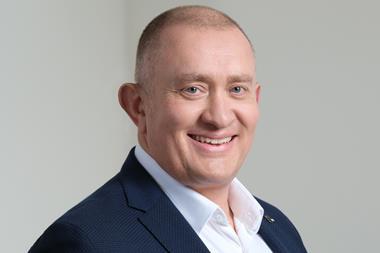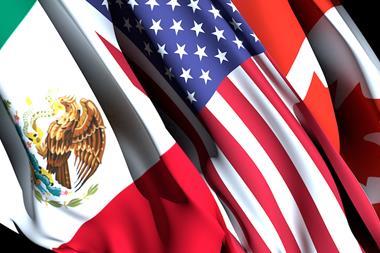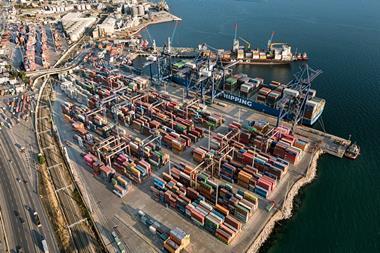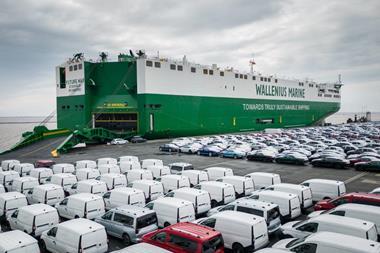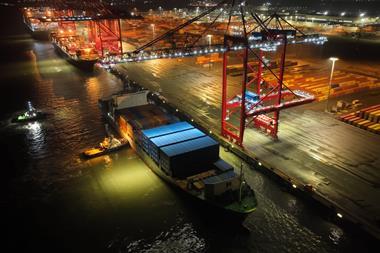
Marco Polo, the European Union's funding programme for projects that shift freight transport from the road to sea, rail and inland waterways, has received 101 project proposals for this year’s budget allocation, the highest number received in the programme so far.
Funding requests arising from the proposals amount to €235m this year, against an annual programme budget of €64m.
During June, the European Commission's Executive Agency for Competitiveness and Innovation (EACI), which manages Marco Polo, will consult a panel of external experts to pre-evaluate all 101 proposals received and an evaluation phase will follow in September. The evaluation committee will be made up of representatives of EACI and the European Commission. After that, EACI will draw up a shortlist of proposals recommended for funding, which will be put forward for the Commission's approval by early October.
The funding provided by programmes such as the Marco Polo project for the automotive industry is important at a time of banking scepticism, though whether that is something reflected in the record number of proposals this year remains doubtful. What is certain is that the more aggressive promotion of the project by the European Commission during this year’s allocation has clearly resulted in a bigger response.
Until the evaluation process is complete in October it will not be possible to assess the number of proposals submitted by operators supporting automotive movements in Europe. The commercial confidence underpinning the process means that a summary of the projects will not be available until then.
But investment in projects by finished vehicle providers continues to be a problem, with many expressing pessimism in their business outlook because of an inability to make investments despite evidence of market recovery.
The other factor affecting Marco Polo at the moment is the prospect of the IMO sulphur limits soon to be enforced in the Baltic and North seas. According to shipping line representatives gathered at this year’s RoRo 2010 conference in Bremen Germany, the new regulations threaten to force freight off short-sea ro-ro routes and back on to roads, in contradiction of the aims of the project.
Marco Polo is currently halfway through its second programme, which began in 2007 and will end in 2013.
The next Marco Polo conference will be held in Vienna 5-6 October 2010.




